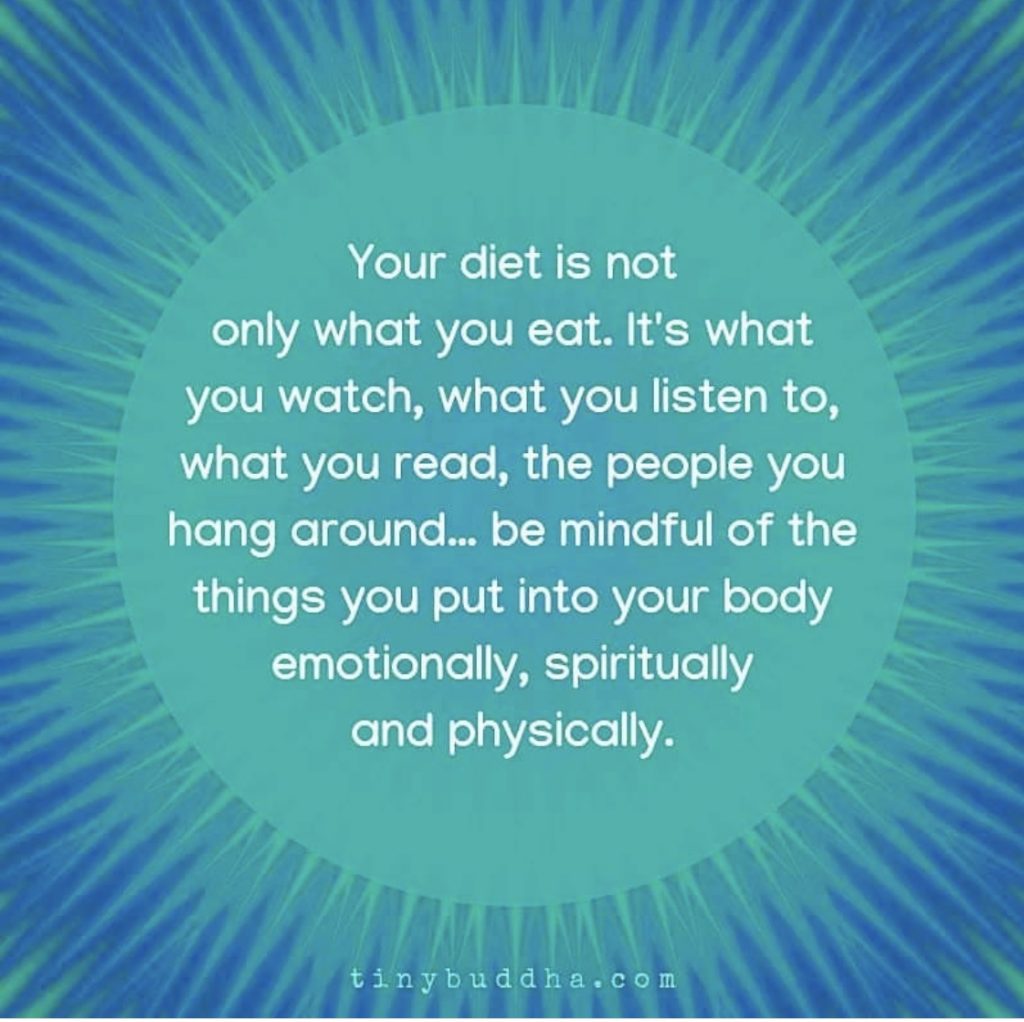Just like factors contributing to climate change crisis, we have personal factors causing a burnout crisis in our lives. I want to bring awareness to 3 ways your environment is causing burnout.
What is Burnout
Burnout is a real thing. It is not something you can manage through or toughen up against.
There is a difference between stress and burnout. Think of stress as overwhelm and burnout as a drain. Stress is the piling on. Demands on you may look like taking care of kids and parents or covering another person’s job during a hiring freeze. Or the pressure of weeks of daily carpooling that never lets you have a moment to yourself. With stress, you still feel there is hope to find a system, route, or process that can improve things.
Burnout, on the other hand, is empty of that hope. It is the drain of mental exhaustion. Often people who are burned out don’t always notice when it happens.
In the Sustainable You course, participants learn about the differences between stress and burnout, but let me tell you this here: The same ways your environment is causing burnout begin by being stressors in daily life. The canary in the coal mine if you will. The Universe tries to be be good to us signaling politely that there is a problem. Then a kick in the pants. Then a brick wall falls on us. Then our world chews us up.
The hard truth is that part of this is our own fault. We choose what to consume every day. Not just food, but what we see and hear too. Let’s dig in.
News Media
Here at Sustainable Sue, when we talk about media consumption, we talk about all of the news, movies, books, TV, podcasts, social media, and magazines that you take in on a daily basis. Consider these the nutrients in your media diet. Media is all aroundus. It is not productive nor sustainable to avoid it altogether. Just like the nutrition component where we have to eat three or four times each day, we do need to take in media at various points of our day.
The issue is keeping it in balance of a sustainably productive life. A study by Johnston and Davey in 2011 found that participants who viewed the negatively skewed news show (as designed by researchers) showed increased anxious and sad mood as well as a significant increase in the tendency toward catastrophic thinking related to a personal worry.
If you feel drained and anxious after watching the news, perhaps that is a signal it is time to make some changes. Different sources, less consumption, different timing of consumption, etc.
Beware of jumping from the frying pan into the fire though – social media can be just as damaging.
Social Media
If you have watched The Social Dilemma you know have heard the terrifying statistics of what social media is doing to our brains and the brains of our kids. But it doesn’t take a panel of experts in Silicon Valley to tell us this. Conduct an experiment of one – how do you feel after scrolling Facebook and seeing everyone’s perfect back to school photos when your kids covered their face with their book bag and ran out the door? What thoughts go through your mind when you see photo after photo on Instagram of everyone’s perfect Thanksgiving table when you did not have the energy and ended up having Indian takeout?
“Tell me to what you pay attention and I will tell you who you are.”
― Jose Ortega y Gassett
Don’t judge your insides by other people’s outsides. Those posts are rarely the whole story and the photos often include filters. If social media drains you, perhaps it is time to turn to the real life relationships instead of the ones online.
But alas, those relationships can be tricky too!
Friends, Family, and Others
This blog post is live the Tuesday after Thanksgiving – a holiday where often families sit around the table and argue about politics. Because of COVID many families instead had to get on Zoom to rehash the pandemic and who is and isn’t following protocol. Family relationships can be hard.
And what about friends, colleagues, neighbors, etc.? Do you continually surround yourself with people who drain you? Sure it is hard to make friends after we leave school, but that is no reason to settle for less. If a relationship feels off or unfulfilling or one-sided, I encourage you to explore why.
- Is your friend always late and you feel like your time is taken for granted?
- Do the other neighbors on your street ask you to join a party planning committee, then you end up doing all the work?
- Are you only accepting invitations out of obligation or fear of making other people mad?
Let me ask you this question, my fellow people pleasers: WHERE ARE ALL THE PLEASED PEOPLE?
You deserve more. You deserve people in your life who delight in your presence. You deserve to feel fulfilled and lifted up when you are among friends and family.
Be selective about who and what you surround yourself with. Each choice compounds to contribute to a sustainable you – towards creating a life you don’t need to escape.

Leave A Comment